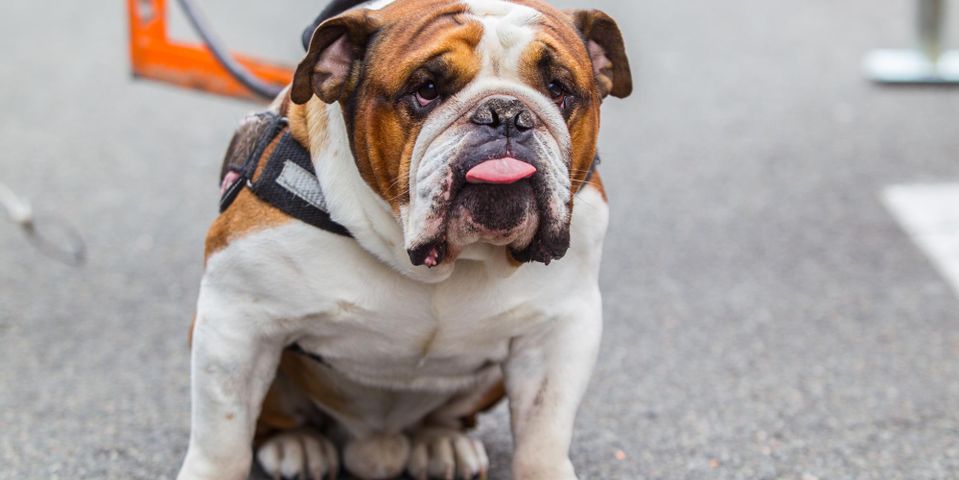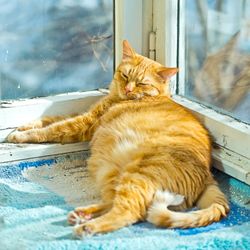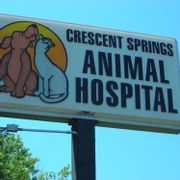
As a pet owner, you have a responsibility to monitor your pet’s diet and help them stay as healthy as possible. Sometimes, however, it can be difficult to tell if your cat or dog is obese or not. Here are some suggestions to help you determine if there’s a problem before taking them to a veterinarian.
Defining Pet Obesity
Weight gain typically happens gradually, so what you perceive may not be representative of your pet’s actual weight. Obese animals have thick necks, hips, and abdomens, and you can’t feel their ribs upon palpation. To determine whether your furry friend is obese, check their body condition score. This resource features illustrations and descriptions to help you match your pet to a specific score. The lower the number, the thinner your pet. A middle score of five is considered a sufficient, healthy figure, while anything over seven is considered overweight.
Potential Causes
Pets can become obese when there’s an imbalance between their calorie intake and their activity level. If they eat more without burning enough calories, they gain weight. Older cats and dogs are also at risk of becoming obese because they slow down with age. Some veterinarians find that weight gain is caused by disorders, such as hypothyroidism or Cushing’s disease.
Associated Health Risks
 Obesity can have both immediate and long-term health risks for cats and dogs. Excess weight can cause your pet to slow down significantly, which makes it more difficult for them to exercise regularly. It can also lead to breathing issues, high blood pressure, diabetes, liver problems, and reduced immune function. There are more serious concerns, too, such as the increased risk of cancer and liver disease.
Obesity can have both immediate and long-term health risks for cats and dogs. Excess weight can cause your pet to slow down significantly, which makes it more difficult for them to exercise regularly. It can also lead to breathing issues, high blood pressure, diabetes, liver problems, and reduced immune function. There are more serious concerns, too, such as the increased risk of cancer and liver disease.
Prevention Methods
A 2018 survey by the Association for Pet Obesity Prevention (APOP) found that 56 million cats and 50 million dogs are overweight. Help your pet avoid becoming a statistic by acting when you realize there’s an issue. Consult with your veterinarian before making dietary changes; they will usually encourage you to limit their food intake to a specific amount and slowly increase daily exercise. Take your dog outside for at least half an hour each day and work your way up. Spend more time being active with your cats to encourage them to move.
Are you concerned your pet may be obese? Trust the professionals at Crescent Springs Animal Hospital in Crescent Springs, KY, to help every step of the way. Their caring veterinarians will determine the best course of action and provide a helpful solution to improve your furry friend’s health. As the area’s leading animal clinic, they offer everything from pet dental care to spay and neutering. Visit them online or call (859) 331-6608 for more information.
About the Business
Have a question? Ask the experts!
Send your question

